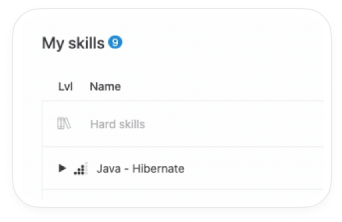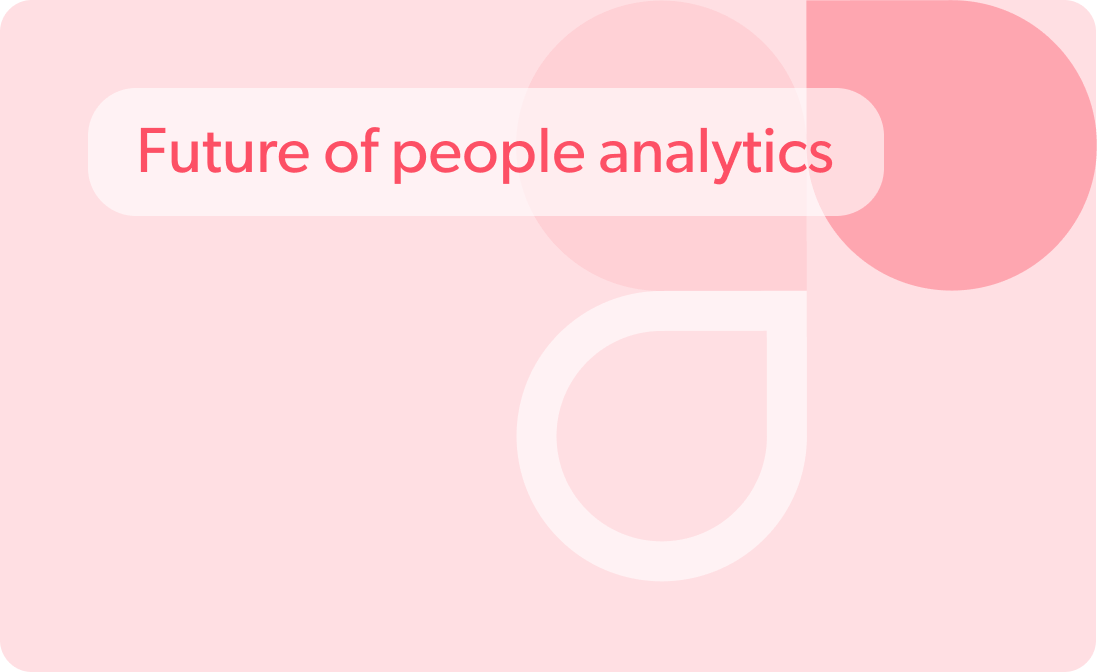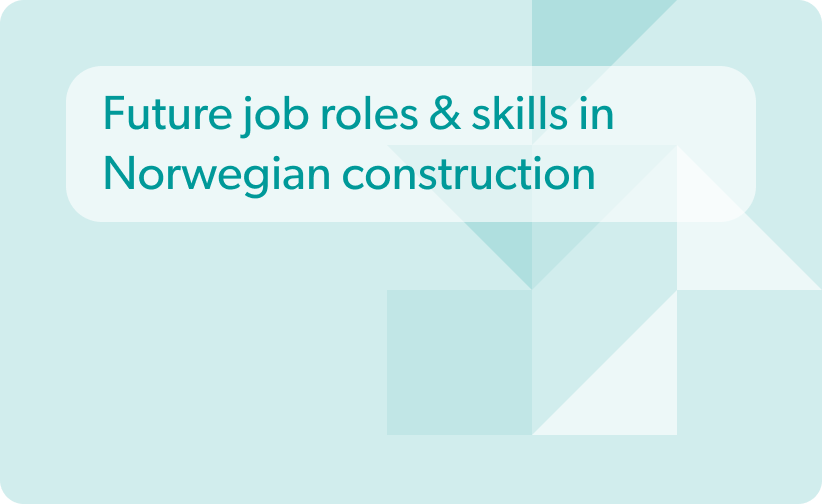Workforce upskilling is one of the significant 2023 HR trends. The practical use of upskilling is tremendous, as it helps organizations diversify their workforce’s skills and meet challenges that come from external talent markets, digitalization trends, and so on.
What are the top job skills that businesses pursued the most in their employees? In this article, we’ll deep dive into the top skills of the future everyone will need by 2025 and beyond.
1. Digital literacy
A recent study shows that half of the adult population in the Netherlands is proficient in digital literacy. This country is a leader among other European Union countries, where the average percentage of digital literacy skills is 33%.
Digital literacy includes a wide range of competencies: computer problem-solving skills (software and hardware), social media, communication tools, online security and data privacy management, information search skills, and more.
The digital literacy tendency isn’t surprising, considering digitalization across all kinds of industries. According to the “No longer optional: employer demand for digital skills” report, at least 82% of online postings in the UK require basic digital skills. Moreover, the same report indicates the correlation between the level of digital literacy and wages. For example, job roles that required basic digital literacy skills are paid up to 29% higher than job roles that don’t have this requirement.
2. Data analytics
According to Forbes, up to 95% of surveyed businesses admit they need to manage unstructured data (as a rule, it’s text-heavy information like results of surveys, sales chats) at their organizations.
This situation resembles a snowball: the more data (structured and unstructured) organizations accumulate, the more they need analysts and specialists who can manage, process, and interpret that data.
“As more organizations embrace emerging technologies such as AI and machine learning to become more data-driven, the list of essential skills should continue to evolve so that it reflects the growing importance of data literacy as a core competency in the workforce.”
− James Eiloart, SVP EMEA at Tableau Software.
Recently, our HRForecast team analyzed the state of job roles in the pharmaceutical and chemical industries before and after the COVID-19 pandemic hit. One of the findings showed the rise of IT jobs, like data scientists, Machine Learning Engineers, and automation engineers. Several factors cause the surge of jobs related to data analysis in these industries:
- Broad adoption of state-of-the-art technologies like Big Data, machine learning, and artificial intelligence.
- Rise of telemedicine and remote diagnosis of diseases.
- The trend for wearables and tech-driven wellbeing.
However, the pharma and chemical industries aren’t the only ones that require their employees to be proficient with data skills. A recent PwC report states that by the end of 2023, 69% of employers will require data science and data analytics skills from their candidates.
Essential skills in this category include:
- Knowledge of at least one analytical programming language like R, MATLAB, and Python.
- Basics of SQL to write basic database queries.
- Advanced Microsoft Excel skills.
- Practical use of popular Business intelligence (BI) software and tools.
Discover all the available hard and soft skills in your team
Technology changes have added increasing pressure to keep track of the skills available to them and those needed in the future. The skills matrix template helps list skills gaps, assign employees to appropriate projects, and build training programs.
3. Data visualization and exploration
Data visualization is another essential skill gaining traction among job postings. Specialists in data visualization interpret the data and organize it into meaningful dashboards, graphs, charts, tables, etc. These efforts pay back: companies that invest in data visualization capabilities get around $13 on every dollar spent.
Employers are looking for the following skills in this field:
- Data visualization software like Tableau, D3.js, Google Charts, Microsoft Power BI, etc.
- Knowledge of data visualization guidelines and best practices.
- Knowledge of languages like R and Python.
4. Knowledge of learning strategies and applying them in practice
Professionals in HR training and development agree that non-recurrent learning programs like one-day workshops don’t prove their efficiency. Instead, it makes sense to devise programs based on continuous learning and putting gained knowledge into practice.
Joe Miller, vice president of learning design and strategy at BenchPrep, says: “In today’s fast-paced society, it’s important for professionals to keep their skills up-to-date. After passing a certification exam, an employee would still engage in occasional learning activities over an indefinite period of time within that certified subject matter to maintain mastery.”
In this paradigm, self-learning, peer-to-peer learning, and micro-learning strategies in the workplace are gaining popularity.
5. Soft skills needed for future jobs
In the “Soft skills for business success” report, Deloitte analysts estimated that by 2030, almost two-thirds of all occupations would be based on soft skills. There’s a particular reason for that: automation and digitalization of working processes. They push employees to develop and deepen their soft skills to stay ahead of competitors and bring value to their organizations.
Moreover, a study by McKinsey shows that up to 30% of working time could be automated by 2030. This fact makes candidates focus on “exclusively” human soft skills that machines can’t replace, for example, when it’s necessary to interpret the data and come up with creative solutions. Some of the top soft skills of the future are the following:
- Problem-solving
- Negotiations and reasoning
- Critical thinking
- Time management
- Resilience
- Leadership and social influence
Wrapping up
COVID-19 pandemic accelerated the future of work and made some jobs the thing of the past. To keep up with these changes, business leaders are on the lookout for future skills and jobs. Today, we can focus on soft skills like leadership, time management, critical thinking, and fast learning.
Hard skills for future jobs revolve around digital literacy, data analytics, and data visualization. These skills are bound to digitalization, increasing automation of working processes, and declining specific job roles.
Here at HRForecast, we have our finger on the pulse of future skills with our smartPlan and Market Intelligence solutions. If you want to discover external talent market trends, detect your workforce skill gaps, and model unpredictable events, then check out our products or book a free demo with our team.
Stay up to date with our newsletter
Every month, we’ll send you a curated newsletter with our updates and the latest industry news.



























 info@hrforecast.de
info@hrforecast.de
 +49 89 215384810
+49 89 215384810






